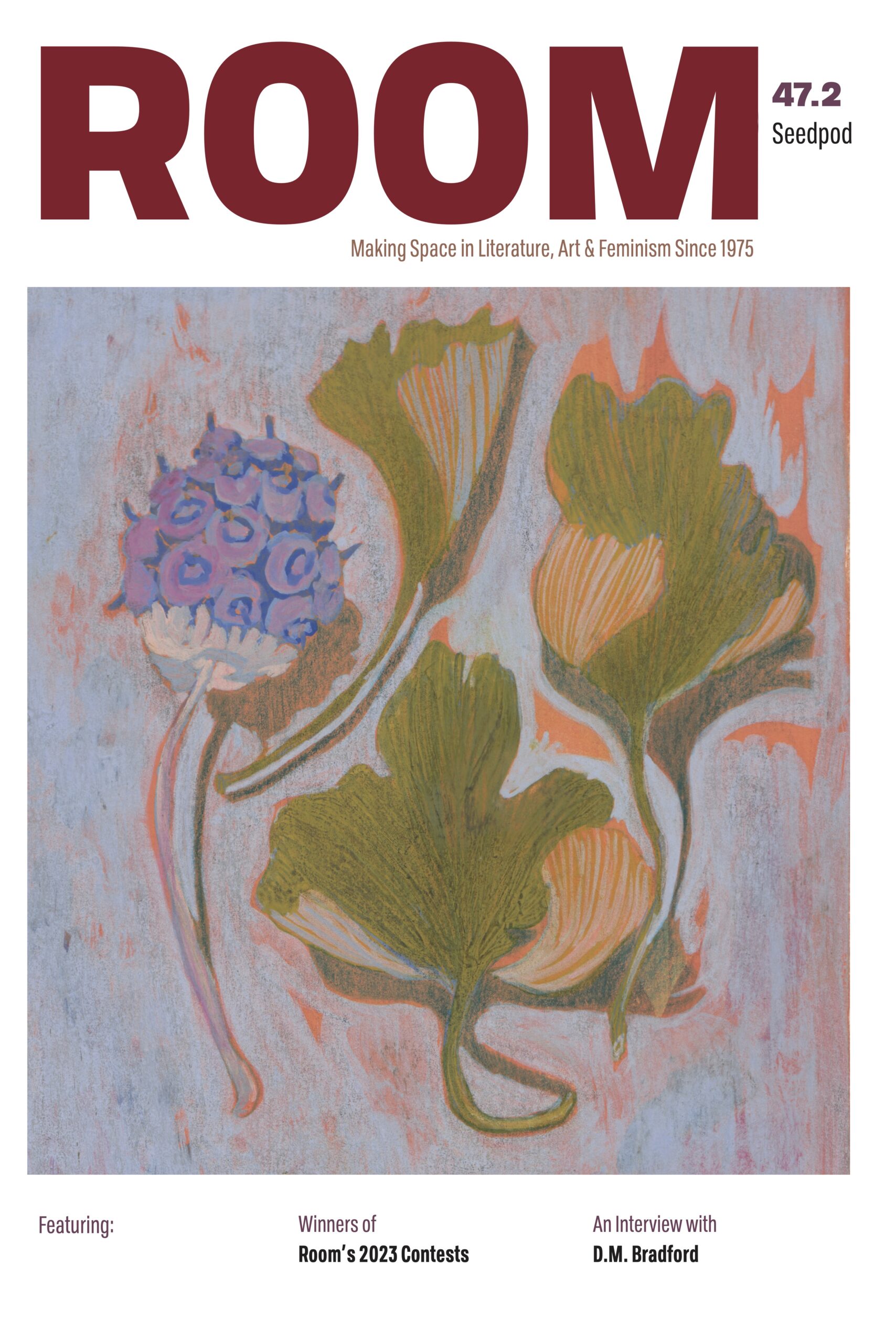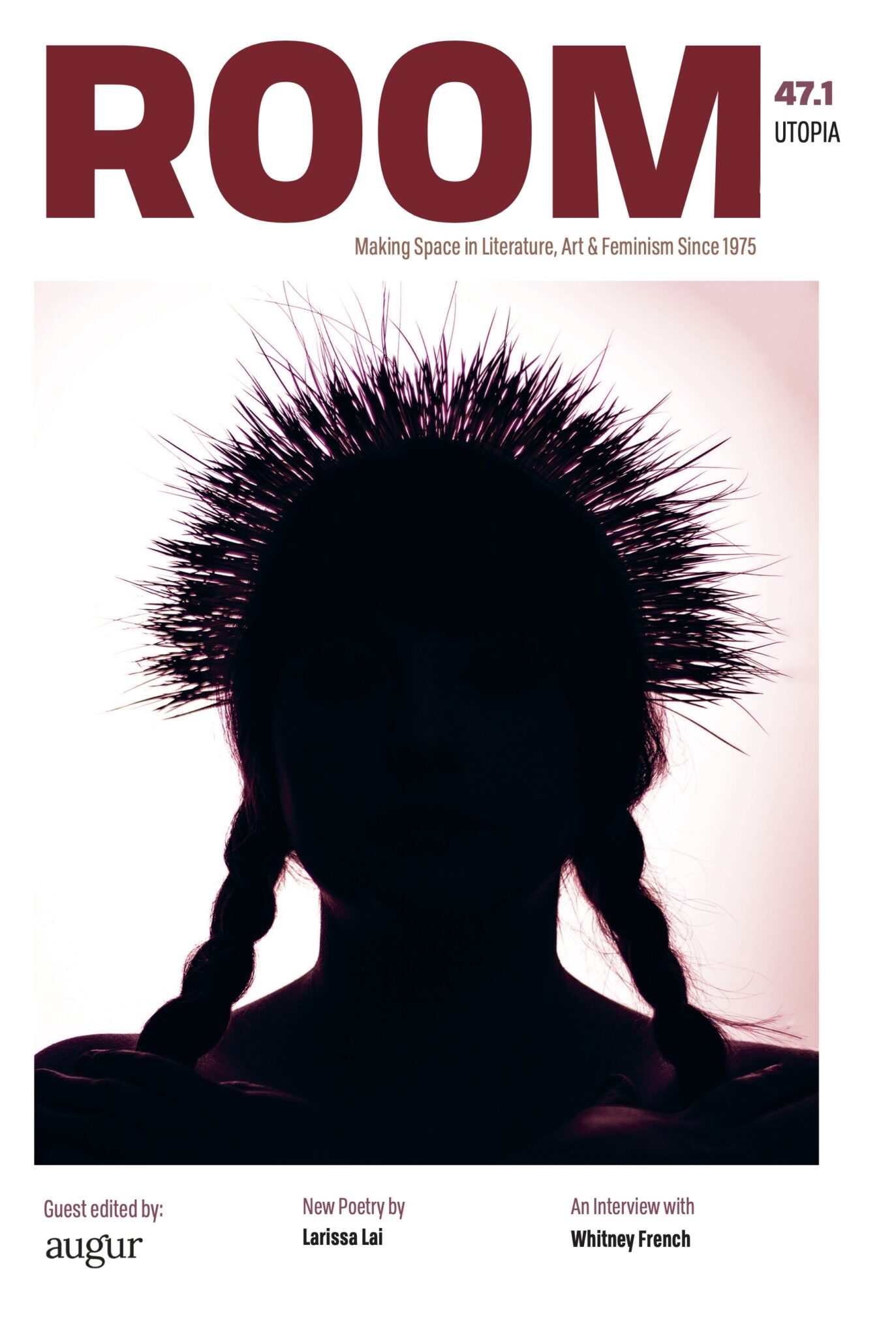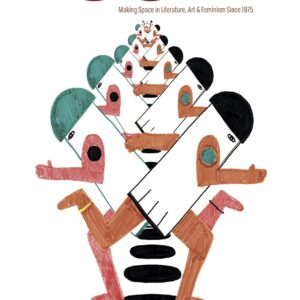Microphones go off mute. Gazing upon the activity across the gallery of attendees on the screen feels like entering/participating in the facade of a window-paned high rise at night. Some panes are blacked-out or resemble still-photos while others catch the eye with movement. The mood is anything but one of solitude or isolation. A keen observer will notice a friendly feline saunter in view. The break after an initial writing prompt session rings with laughter, joy and delight. An ensemble of Black, Indigenous and peoples of color (BIPOC) celebrate the craft of writing with each other at one of the weekly BIPOC Writing Community virtual writing parties that has taken place since March 23, 2020.
Faith Adiele, professor at California College of the Arts and author of Meeting Faith, and Serena W. Lin, a California-based writer and attorney, host their first BIPOC Writing Party soon after the State of California mandates a state-wide shelter-in-place order due to COVID-19 on March 19, 2020. They plan the event with the intention of providing a quiet space for peoples of color interested in writing to focus and relax from all of the stress of the pandemic. Word of the event spreads through their social media circles. The next week, they host the BIPOC Writing Party Part Deux, then schedule a proceeding one for every week in April.
In the fall of 2020, I meet with Faith and Serena over a video conference while they take a break to chat with me and get a bite to eat between their busy schedules. Serena answers questions between bites while Faith joins from her car while she finishes eating. When asked who came up with the idea for a writing party, Faith, says, “it was Serena’s idea.” Serena laughs away the implication of having cajoled Faith into co-hosting the event series. Their friendship stems from VONA (Voices of Our Nations Arts Foundation), the only multi-genre workshop for writers of colour in the United States.
Serena recalls the shock of the pandemic, the realization it would be difficult for her to write in the face of such overwhelming change and how she felt the same would be true of other writers, especially writers of colour. Serena says she told Faith, “let’s host this…Some of our close friends will come. We’ll all write together. It’ll be awesome.” When Serena called her, Faith remembers saying, “I can’t write. I’m blocked.,” but felt she could think of ways to help others write, focus and hold that space for them. Serena credits Faith with recognizing the need for a recurrent event, a regular and stable, steady space for BIPOC writers, a need cemented by the turmoil triggered with the murder of George Floyd on May 25, 2020.
For Serena, writing is an act of connection. She affirms how the act of writing together has deeply connected this group, thousands of miles apart, struggling with alienation, through the pandemic and the biggest civil rights movement during her lifetime. We discuss the need for writing spaces specific to the BIPOC writing community and how, for a non-writer of color, this need may seem counterintuitive to forming a collaborative writing environment. Faith explains how privilege normalizes an individual’s reality in such a way that it limits what they see and don’t see, and, since they don’t see anything else, they don’t perceive a need for it.
Faith:
“It’s so easy to be blind and not kind of see the whole ninety percent of reality of things for other folks…They have no understanding of the kind of spaces we [BIPOC writers] need that can nurture our voices where we don’t have to be translating our experience, we don’t have to be writing to a perceived sort of POC experience, but we can just really do what we want to do with support.”
Serena:
“It’s about having the support as a writer of colour to create…Look at the pandemic when it first happened…It’s [claimed as] the pandemic without any sort of respect to region or geography or identity, but the impact of the disease has been clearly harder in communities of color…There’s so many ways in which we are constantly as writers having to defend in both our creative lives and our everyday life that race matters, that race disproportionately affects [the BIPOC community], that being of a certain race means that you will face more negative impact.”
Serena describes how a shared, mutual understanding that race matters helps BIPOC writers move past a tired, antagonistic argument into creativity, freedom, support, even love and respect for each other as artists. In line with the sentiment of mutual respect, Faith and Serena established a commitment to safety statement which is read at the beginning of each event and displayed prominently on the community’s website. Serena credits Faith for most of the language of the statement and, within, the understanding of this writing community as evolving and whose membership is commited to the taking of responsibility, for growing together as a group and agreeing to affirmatively communicate with each other even when mistakes may happen. She iterates how the BIPOC community is composed of people colour who have very different experiences and backgrounds as well as relationships to that identity.
We discuss the origin of the prompts, two prompt writing sessions per event which are led by the co-hosts and, on occasion, by guest hosts, giving the co-hosts time back for their own body of work while at the same time highlighting the work of other writers of color, writers debuting new work, if possible, and providing an opportunity to support them through donations. In addressing how the prompts were generated, Faith shares, “I wanted a language for our particular crisis but I also wanted to have an opportunity to take refuge or have a respite from it, too, so maybe we’re doing something fantastical or funny… I also wanted it to be topical if folks wanted to do that.” Faith describes how the process of anticipating the needs of the BIPOC community writers allowed her to heal from “shutting down” as a writer. Though she was not one to respond well to prompts in the past, Faith speaks to how in this moment, when the world is so overwhelming, there is something about the prompts that offered folks an opportunity to focus on something small. She recounts how something opened in her which allowed her to later return to the prompts and write short essay works.
They reminisce about the twenty-fifth anniversary writing party celebrated on September 7, 2020 and how they continued to co-host until September 28, 2020, coincidentally, twenty-eight sessions later. When asked about a standout moment, Faith laughs and says, “everything was amazing.” Serena adds, “working with Faith.” Watching and listening to Faith and Serena interact, I think they must have worked with each other on many occasions. I learn co-hosting the BIPOC Writing Community writing parties is their first time working together on a project. They also decide to step back as co-hosts and hand-over their roles at the same time.
The BIPOC Writing Community writing parties continue, co-hosted by Miguel Angel Angeles, a queer Xicanx writer from California, and Faria Ali, revived fire sign writer who spends time in Brooklyn and central New Jersey. I meet with Miguel and Faria after they host one of the weekly Monday night BIPOC writing parties to talk about what kept them returning to the community as participants and their transition from participants to co-hosts. Faria describes how she attended the first writing party through Serena. She recalls needing the structure in March because of the threat of the pandemic and appreciating the warm, friendly and affirming community as well as the twenty-minute writing sessions. Miguel recalls the anxiety of living alone in Stanton Island, losing his job and moving to California, and the way the BIPOC writing party gave him the opportunity to build the virtual community he needed and kept him returning because of it.
Faria:
“I love the composition of this group…I don’t think I would ever get to write with this kind of a group, super inter-generational, geographically distributed. If I was in New York City, it would be a lot of people who look like me or are around my age.”
Miguel is not new to creating prompts, having created prompts for the NY Writer’s Coalition. He describes how in his transition from participant to host, he finds himself more aware and responsive to the group’s needs and who is sharing what within the group. Miguel says, “it’s helped me to think not from a writing perspective, but from the perspective of creating something for other people to create.” At the end of the BIPOC writing party, attendees opt-in to share something they wrote in response to one of the prompts. Faria describes how as a participant, the prompts exposed her to other styles of writing and informed her ability to generate prompts for this space as a co-host, enriching her daily writing practice.
We discuss their transition to co-hosts and what advice they would give to others wanting to create a similar space. Miguel and Faria describe how they embraced and adapted the structure of the BIPOC writing party created by Faith and Serena to their leadership and collaboration style while maintaining the fluidity of the event. They remember initially adhering to the schedule and ending early—introductions, followed by the first prompt, a break, the second prompt, then inviting attendees to share their writing with the group. Miguel emphasizes the importance of learning how to work together and learning what works for each other.
Miguel:
“I think logistically that [the structure] is all really important, but just as important is the banter, the going back and forth, people getting a chance to chat with each other…One of the conversations we had with Faith and Serena was that the time is really important. If we are saying two hours it’s really important to do the whole two hours because people are coming in and looking forward to having this space from 5pm to 7pm [PST]…One thing really important is to be flexible, to figure out what it is you really want and that you may not know exactly what you want when you are starting something so be willing to go with it and change it as it goes.”
Faria and Miguel stress the value of the community itself. The BIPOC Writing community has volunteers who assist with a reading series, social media marketing, website design and technical support. Faria highlights the “natural sense of community ownership that grew over time.”
Miguel credits “the sense of teamwork and the sense of the community…All of us [BIPOC Writing Community members] stepping up when Faith and Serena were stepped down. It’s all been very lucky to have.”
I am reminded of the theme song from Cheers, the American sitcom, the appeal of going somewhere where everybody not only knows your name, but can pronounce your name correctly and are genuinely glad you came. This what it feels like to attend a BIPOC Writing Community writing party. The break is over. I listen to the reading of the second prompt as it is shared on the screen. As I reflect on the prompt, I recall Miguel hoping the pandemic is not the end of this community or something like it.
Faria:
“This is one of the only spaces I have away from white people. I feel really different in it…It feels different in a life affirming, really important way.”
Miguel:
“It is a very queer and trans-embracing group. I am very happy it has turned out that way.”
Serena:
“I am grateful for the people who showed up. It was heartening to see those faces.”
Faith:
“The work that we’re doing right now during pandemic, the work of artists and writers is critical historical documentation so we actually have to be able to do this to capture this narrative of what is happening to communities of color under this pandemic, under this racial reckoning, all of it, it’s not even that we’re doing it for fun to write. This is the record.”















